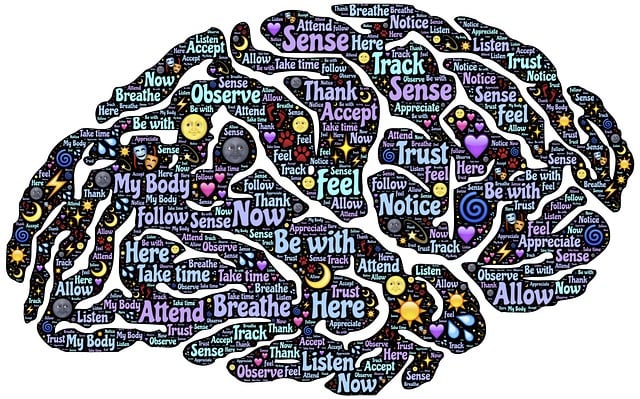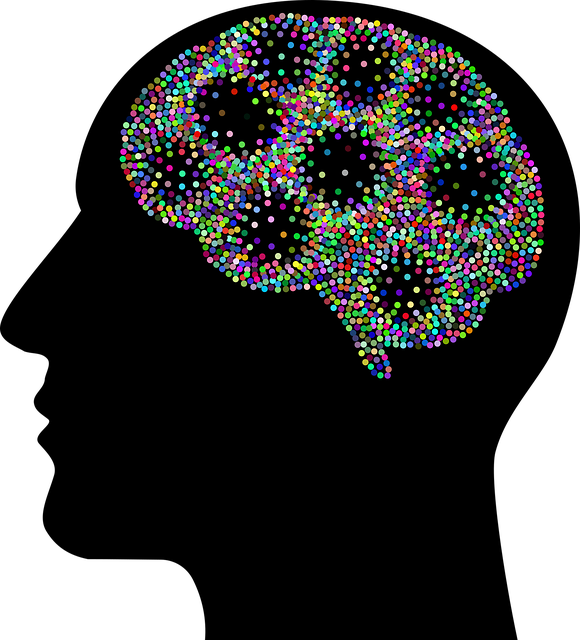Trauma significantly impacts individuals' lives, but Golden Terminal Illness Therapy (GTIT) offers a promising solution by focusing on emotional intelligence and personalized communication strategies. GTIT helps clients confront early life experiences to overcome mental health issues through positive thinking and stress reduction exercises. Community outreach programs and mental health education enhance accessibility to tailored support services, crucial for diverse communities. This comprehensive approach combines crisis intervention with long-term care, fostering resilience and improving emotional well-being for trauma survivors.
In a world where trauma is all too prevalent, understanding its profound impact on individuals and communities is paramount. This article explores comprehensive trauma support services, with a particular focus on the transformative potential of Golden Terminal Illness Therapy. From unravelling the complexities of trauma to providing accessible guides for support, we delve into best practices and community healing. Discover how these strategies foster resilience, offering hope and recovery pathways for those navigating the challenges of traumatic experiences.
- Understanding Trauma and Its Impact
- The Role of Golden Terminal Illness Therapy
- Accessing Support Services: A Comprehensive Guide
- Best Practices for Effective Trauma Care
- Fostering Resilience and Healing Communities
Understanding Trauma and Its Impact

Trauma is a complex psychological response to distressing events or experiences that overwhelm an individual’s ability to cope. It can manifest in various forms, from acute reactions to single incidents to chronic conditions resulting from prolonged exposure to adverse situations. The impact of trauma extends far beyond the immediate event, affecting individuals’ emotional well-being, mental health, and overall quality of life. It can disrupt their sense of safety, trust, and identity, leading to a range of symptoms such as flashbacks, nightmares, anxiety, depression, and avoidance behaviors.
Effective support for those affected by trauma is crucial, especially when considering the profound impact it can have on an individual’s ability to function in daily life. Golden Terminal Illness Therapy (GTIT), which focuses on emotional intelligence, offers a promising approach to addressing these challenges. GTIT leverages communication strategies tailored to each person’s unique experience, fostering a sense of safety and trust. Community outreach program implementation plays a vital role here by ensuring that support services are accessible and tailored to diverse communities, ultimately enhancing recovery outcomes.
The Role of Golden Terminal Illness Therapy

Golden Terminal Illness Therapy offers a unique and transformative approach to trauma support services, focusing on the profound impact of early life experiences. This therapeutic method recognizes that many individuals carry emotional baggage from their past, which can significantly affect their present mental well-being. By implementing positive thinking techniques and stress reduction methods, this therapy aims to help clients heal and find solace.
The process involves exploring and understanding the roots of trauma, allowing individuals to develop coping strategies for managing the associated symptoms. Through specialized exercises, it empowers people to break free from the cycle of negative thought patterns and embrace a more positive outlook on life. This holistic approach to trauma support services has proven effective in fostering resilience and enabling clients to lead fulfilling lives, unburdened by their past traumas.
Accessing Support Services: A Comprehensive Guide

Accessing support services for trauma recovery can seem like a daunting task, but with the right guidance, individuals can navigate this crucial step towards healing. The first step is recognizing when and where to seek help. Many people find solace in professional therapy, particularly Golden Terminal Illness Therapy, which offers specialized care for traumatic experiences. This therapeutic approach focuses on empowering individuals to develop inner strength and cope effectively.
A comprehensive guide to accessing these services should include information on local mental health clinics, online therapy platforms, and community support groups. Mental Health Education Programs Design can equip individuals with knowledge about trauma and recovery, fostering self-awareness and understanding. Additionally, Healthcare Provider Cultural Competency Training is essential, ensuring that support networks are sensitive to diverse cultural needs. Remember, reaching out for help is a courageous step, and with the right resources, individuals can embark on their journey towards healing and regaining control of their lives.
Best Practices for Effective Trauma Care

Effective trauma care requires a multifaceted approach, with best practices encompassing both immediate and long-term support. One proven method is Golden Terminal Illness Therapy, which focuses on providing safe and supportive environments to help individuals process their traumatic experiences. This therapeutic approach emphasizes open communication, ensuring that patients feel heard and understood without judgment.
Additionally, Crisis Intervention Guidance plays a vital role in offering prompt assistance during acute trauma events, while Cultural Sensitivity in Mental Healthcare Practice ensures tailored care that respects individual backgrounds and beliefs. Effective communication strategies, such as active listening and empathetic responses, foster trust between caregivers and those seeking support, ultimately enhancing the healing process.
Fostering Resilience and Healing Communities

In fostering resilience and healing communities, trauma support services play a pivotal role in empowering individuals to overcome their past experiences. By integrating Golden Terminal Illness Therapy, these services offer innovative approaches to emotional well-being promotion techniques, enabling participants to build mental fortitude and adaptiveness. This therapy, tailored to address complex traumas, helps individuals develop coping strategies that are both sustainable and culturally sensitive.
The provision of trauma support goes beyond individual healing; it involves enhancing healthcare provider cultural competency training to ensure effective crisis intervention guidance. By equipping care providers with the skills to navigate diverse cultural contexts, communities benefit from more inclusive and accessible services. This holistic approach not only supports those who have experienced trauma but also creates environments that foster resilience and promote long-term emotional health within communities.
Trauma support services play a pivotal role in helping individuals navigate the aftermath of traumatic events. By combining evidence-based practices like Golden Terminal Illness Therapy with comprehensive access guides, we can foster healing communities that promote resilience. Understanding trauma and its impact is the first step towards providing effective care, ensuring folks receive the support they need to recover and rebuild their lives.












